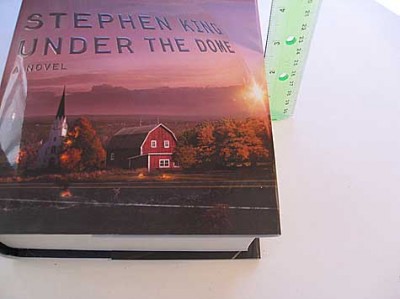One of the bon mots of the positive thinking movement goes something like “The reason we struggle with insecurity is because we compare our behind-the-scenes with other people’s highlight reels.” As sayings go and as a product of the positive thinking movement, which can go way too far (The Secret Q.E.D.), this isn’t a bad one as its general intent is a reminder that people tend to show their best to the world and if you compare your struggles to everyone else’s best you are bound to come up wanting.
This is not to say that comparing ourselves isn’t a good thing. It’s a human and absolutely necessary thing in almost any endeavor in life. Comparison tells us whether or not we’re hewing to social norms, or by how much we’re missing them. When done constructively comparison also gives a standard to which we want to aspire or surpass.
Comparison is particularly hard to avoid in a stats-driven society. How does this baseball pitcher compare with other pitchers on his team? In his league? To himself the previous year? What was your grade point average last year? Where does it rank you compared to the rest of your class? Numbers control who wins elections and who loses. But comparison happens even when you’re looking at something that isn’t trackable with numbers and stats.
Comparison is how we determine if we, or something we’ve produced, is “good enough” and while in some forms of art comparison is pointless – try comparing a Monet to a Van Gogh sometime and see how far you get – in some art forms comparison is both useful and necessary because it not only helps you aspire it also teaches you. [Read more…] about Better than The Gap
